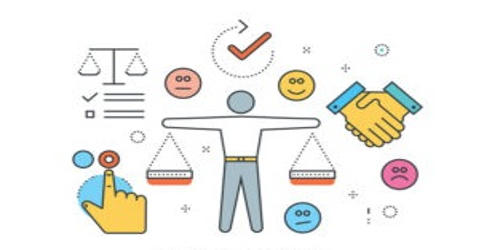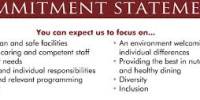Ethics is the branch of philosophy concerned with the meaning of all aspects of human behavior. Corporate Ethics (also known as business ethics) is a form of applied ethics or professional ethics, that examines ethical principles and moral or ethical problems that can arise in a business environment. It is the study of appropriate business policies and practices regarding potentially controversial subjects including corporate governance, bribery, discrimination, corporate social responsibility, etc. It applies to all aspects of business conduct and is relevant to the conduct of individuals and entire organizations. It refers to implementing appropriate business policies and practices with regard to arguably controversial subjects. These ethics originate from individuals, organizational statements, or the legal system. These norms, values, ethical, and unethical practices are the principles that guide a business. The law usually sets the tone for business ethics, providing a basic guideline that businesses can choose to follow to gain public approval. They help those businesses maintain a better connection with their stakeholders.
Corporate Ethics refers to contemporary organizational standards, principles, sets of values, and norms that govern the actions and behavior of an individual in the business organization. It ensures that a certain basic level of trust exists between consumers and various forms of market participants with businesses. Corporate Ethics has two dimensions, normative business ethics or descriptive business ethics. It applies to all aspects of business conduct and is relevant to the conduct of individuals and entire organizations. As a corporate practice and a career specialization, the field is primarily normative. Most business people rely upon their own consciences in making business decisions, falling back upon their own moral and religious backgrounds for guidance. Academics attempting to understand business behavior employ descriptive methods. However, business people are also affected by their superiors and immediate colleagues when making business decisions and may feel pressured to behave unethically when seeking to make profits. The range and quantity of business ethical issues reflect the interaction of profit-maximizing behavior with non-economic concerns.
Interest in corporate ethics accelerated dramatically during the 1980s and 1990s, both within major corporations and within academia. Many ethical conflicts develop from conflicts between the differing interests of company owners and their workers, customers, and the surrounding community. For example, most major corporations today promote their commitment to non-economic values under headings such as ethics codes and social responsibility charters. Ethical issues in business have become more complicated because of the global and diversified nature of many large corporations and because of the complexity of government regulations that define the limits of criminal behavior.
















